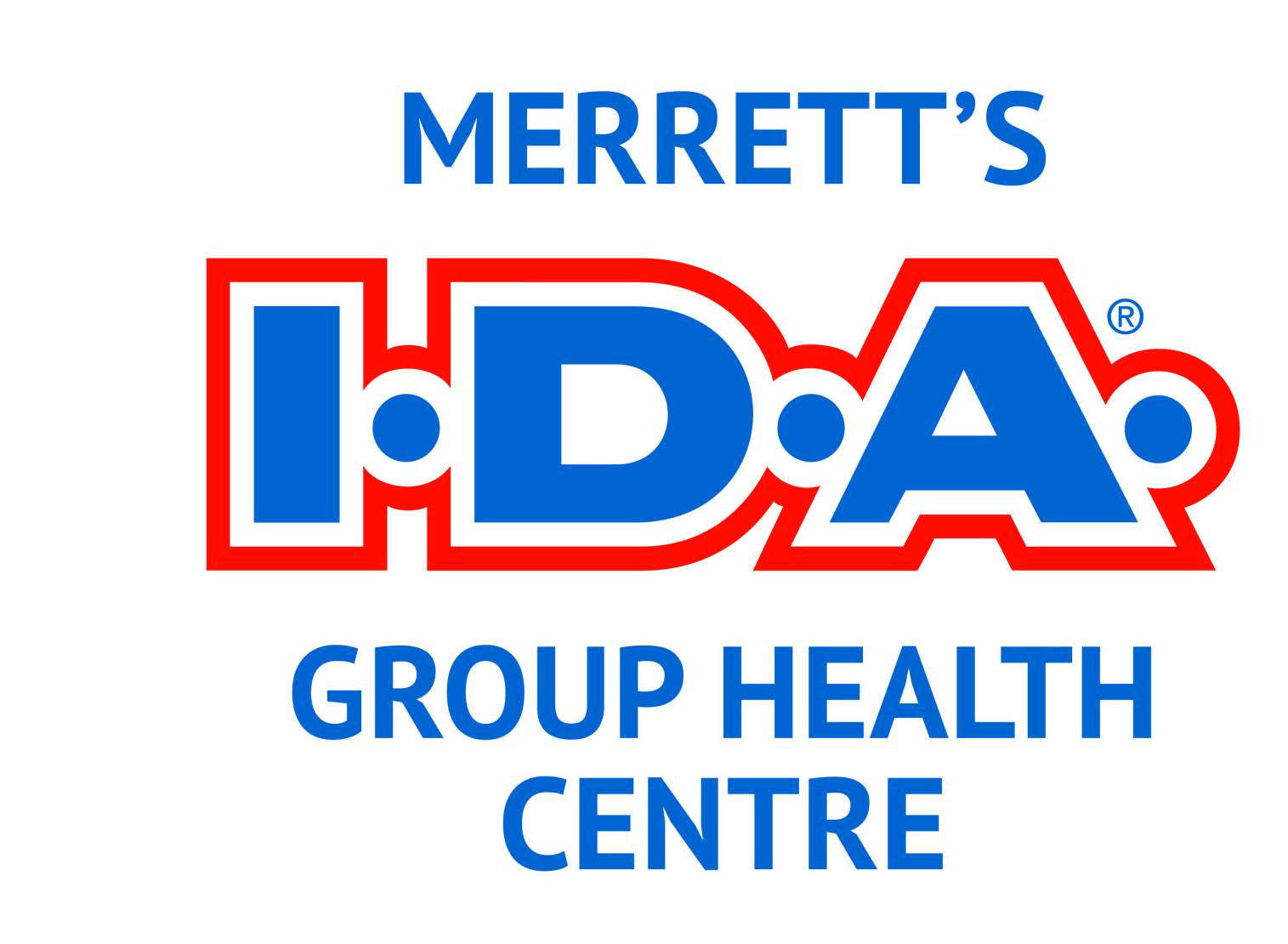Medication: With Or
Without Food
Medication With Or Without Food: Does It Really Matter
Has your pharmacist ever told you that you need to take a certain medication on an empty stomach or, on the contrary, with food? How much does food actually affect your treatment? Read on to find out more.
When you swallow a pill, it travels down to your stomach, then through your intestines. During its journey, it releases its active ingredient so that it can be absorbed through the wall of the intestine (or sometimes the stomach) and into the bloodstream, where it is transported to the site of its intended action.
